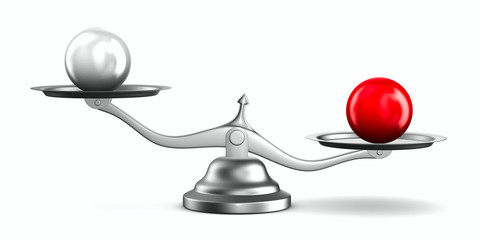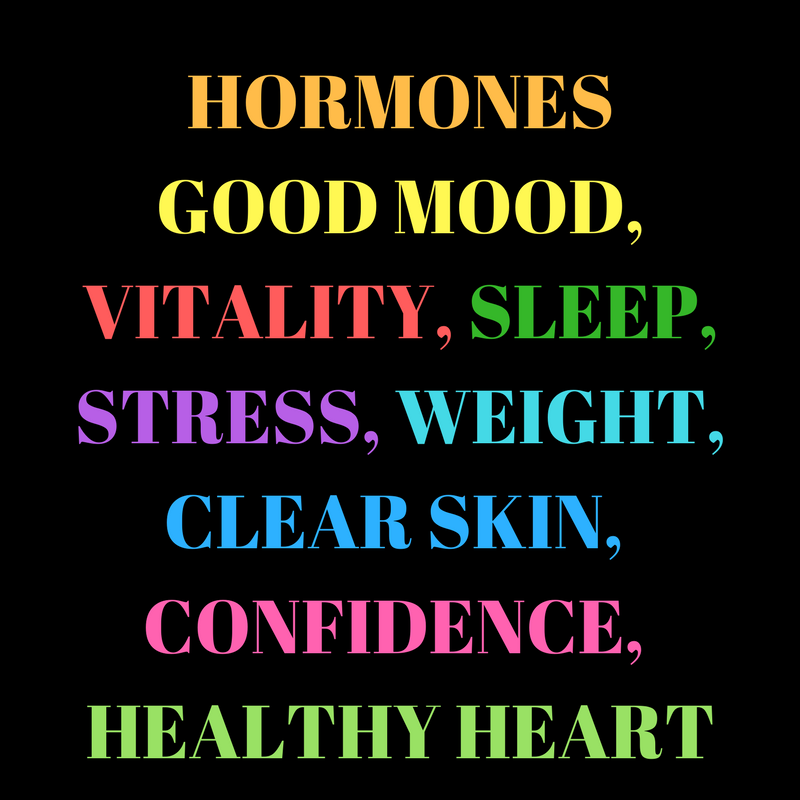When we think about hormones more commonly we are thinking about hormones associated with periods, pregnancy and menopause. However hormones are also responsible for controlling our metabolism, weight, sleep cycle and stress response. Hormones — such as estrogen, testosterone, adrenaline and insulin — are extremely important chemical messengers that affect many aspects of your overall health. Hormones are secreted by various glands and organs including your thyroid, adrenals, pituitary, ovaries, testicles and pancreas. The entire endocrine system works together to control the level of hormones circulating throughout your body. Our hormonal system is very complex as when an imbalance occurs in one area it can have a domino effect of creating problems in other areas. Simply by understanding how hormone imbalances occur and how to minimize the effects can greatly improve your life.

What causes Hormonal Imbalances.
Our hormones are constantly fluctuating. When you’re healthy, they adjust as needed to maintain balance. However, when your lifestyle is unhealthy – eating badly, high-stress levels and little sleep, makes hormonal harmony a challenge to achieve.
Below are some areas to be addressed if you are suffering an imbalance
-
Gut and digestive health is really important as an imbalance in the gut will impact your ability to recycle and eliminate some hormones which may lead to either a deficiency or an excess of hormones
-
Liver detoxification requires a range of nutrients, poor diet, and excessive alcohol consumption can impair balance.
-
High-stress levels release the hormone cortisol so if you are under constant stress, the high levels of cortisol released can lead to the imbalance and a risk of disease and illness.

Conventional treatments for hormonal imbalances usually include synthetic hormone replacement therapies, birth control pills, insulin injections, thyroid medications and more.
Unfortunately, for the majority of people suffering from hormonal disorders, relying on these types of synthetic treatments often does three things.
-
It makes people dependent on taking prescription drugs for the rest of their lives in order to keep symptoms under control.
-
It simply masks the patient’s symptoms but doesn’t solve them, which means that the patient can continue to develop abnormalities in other areas of the body while the disorder progresses.
-
It causes a higher risk for serious side effects such as stroke, osteoporosis, anxiety, reproductive problems, cancer and more. The good news is there are ways to balance your hormones naturally. Below you’ll learn what type of hormonal imbalance your specific symptoms might be pointing to, what the root causes of your hormonal problem are, and how you can help treat the problem without experiencing the negative side effects associated with synthetic treatments.

Get on top of the above imbalances by following these simple tips.
-
A daily dose of a good quality probiotic can help restore an unhealthy gut and create a healthy environment.
Check out my probiotic and prebiotic blog for some ideas. -
Minimize your alcohol consumption and eat a healthy balanced diet every day including fresh fruit and vegetables, oily fish, nuts, seeds and wholegrain.
-
Manage stress levels daily with exercise, meditation and plenty of quality sleep.

Hidden toxins can also play a huge role in hormonal imbalances. Chemicals known as xenoestrogens can be present in your food and environment. Xenoestrogens can affect the way your hormones work, derailing your systems. They are commonly found in food, personal care products, cleaning products, herbicides, pesticides, and plastics. Try to avoid these products as much as you can, instead use natural hair and skin products, eat organically when available and minimize your use of plastics where possible.
Small changes can make huge differences in your day to day life. Work towards a healthier environment and having a more balanced body.

